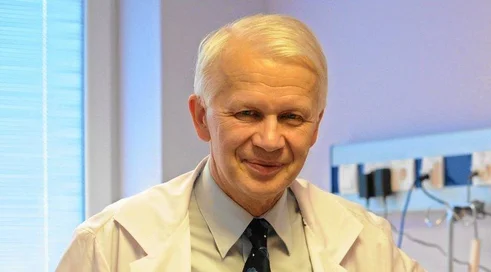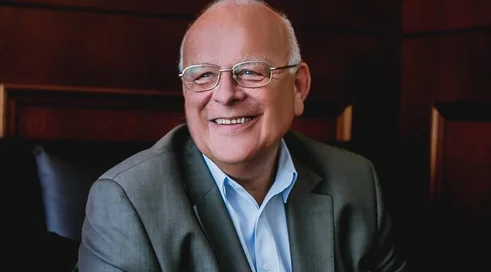Due to this competition - in the minister's opinion - hospitals cannot have a sufficiently large number of patients (because some will always be taken over by the competition), and thus a sufficiently large amount of funds (because the National Health Fund has to pay for both ). Competition for doctors causes them to raise their salaries to an exorbitant level, which results in additional impoverishment of hospitals. In such a situation - instead of developing - they fall into debt. If this competition was eliminated, the money that goes to 2-3 centers today would go to one, which would increase the effectiveness of the facility (the same fixed costs, higher revenues) and doctors could be paid much less, because they would have nowhere to run away, which would have resulted in further savings. Hospitals would grow in (financially...
Content locked
To gain access to the complete English section of the Medexpress.pl, kindly reach out to us at [email protected].



















